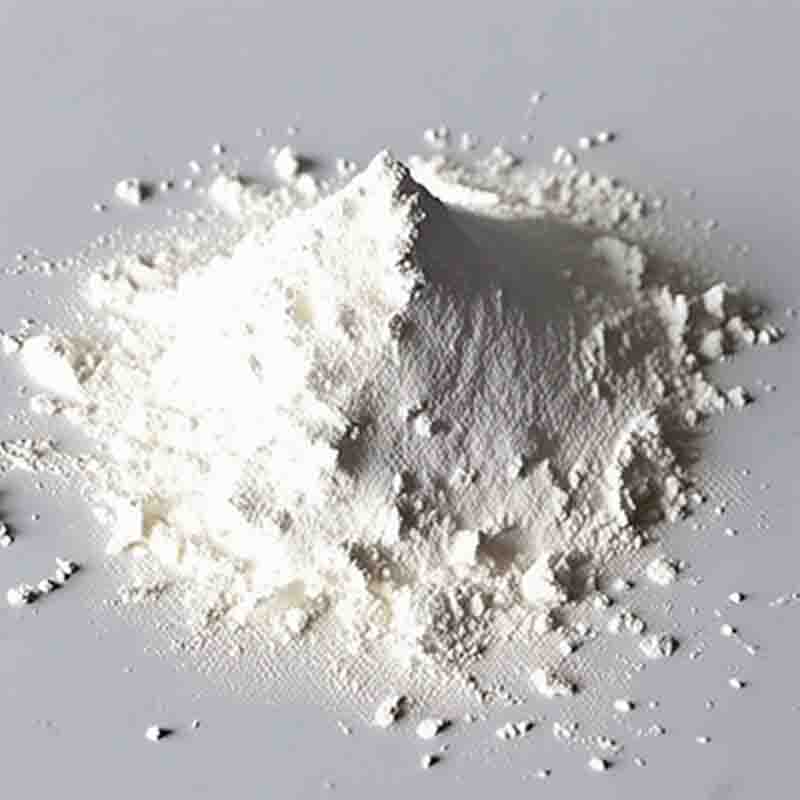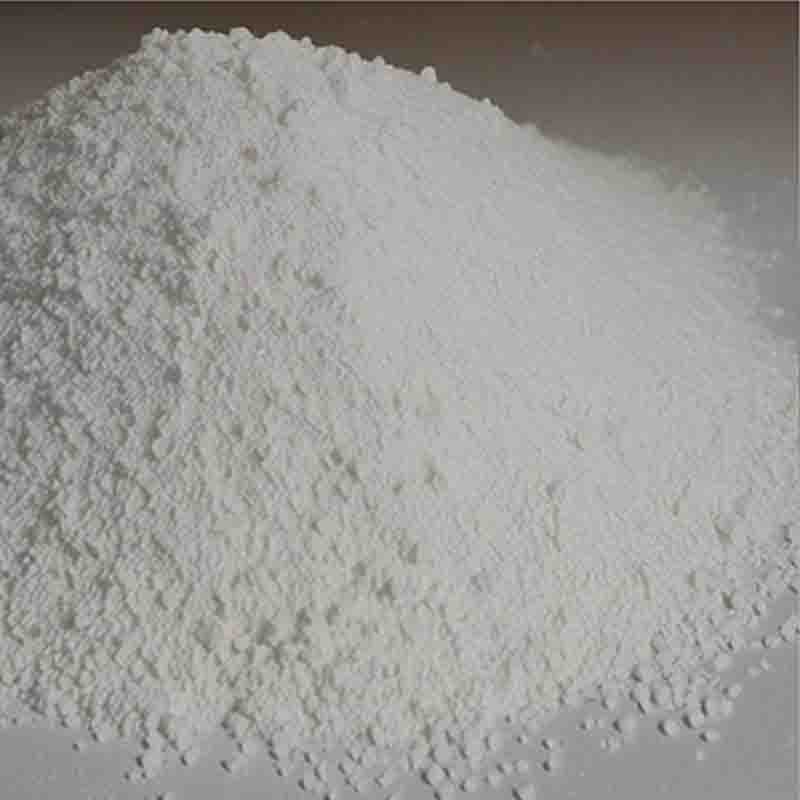3-(1-pyridinio)-1-propanesulfonat CAS:15471-17-7
| Catalog Number | XD94885 |
| Product Name | 3-(1-pyridinio)-1-propanesulfonat |
| CAS | 15471-17-7 |
| Molecular Formula | C8H11NO3S |
| Molecular Weight | 201.24 |
| Storage Details | Ambient |
Product Specification
| Appearance | White powder |
| Assay | 99% min |
The compound 3-(1-pyridinio)-1-propanesulfonat, also known as PPS, has significant effects and applications in various fields. This compound belongs to the class of quaternary ammonium salts and possesses unique properties that make it useful in several industrial and scientific areas.One of the key effects of PPS is its cationic nature. The pyridinium group on the molecule imparts a positive charge, allowing it to interact with negatively charged surfaces or molecules. This property makes PPS an effective surfactant or detergent in various cleaning and disinfecting applications. It can be used to remove dirt, oil, and grease from surfaces, making it suitable for household cleaning products, industrial degreasers, and medical disinfectants.Another significant effect of PPS is its antimicrobial activity. The positively charged pyridinium group can disrupt the cellular membrane of microorganisms, leading to their inactivation or destruction. This property makes PPS an effective biocide and preservative in various industries, including water treatment, food processing, and personal care products. It can prevent the growth of bacteria, fungi, and algae, ensuring the safety and longevity of products.Furthermore, PPS is known for its ability to complex or bind to metal ions. This property enables its use as a chelating agent in chemical reactions or industrial processes. PPS can remove metal ions from solutions, preventing their undesired reactions or precipitation. It is commonly employed in metal plating, textile dyeing, and wastewater treatment to control the concentration and reactivity of metal ions.Additionally, PPS has been studied for its potential application in drug delivery systems. Its quaternary ammonium structure, hydrophilic sulfonate group, and positive charge make it an interesting candidate for encapsulating and delivering drugs to specific targets in the body. Researchers have explored PPS-based nanoparticles or micelles as carriers for therapeutic agents, taking advantage of its stability, biocompatibility, and targeting capabilities.In summary, the compound 3-(1-pyridinio)-1-propanesulfonat (PPS) exhibits various effects and applications. Its cationic nature, antimicrobial activity, metal chelation properties, and potential use in drug delivery make it a versatile compound with wide-ranging uses. Whether in cleaning products, antimicrobial formulations, industrial processes, or pharmaceutical applications, PPS demonstrates its effectiveness in different fields.


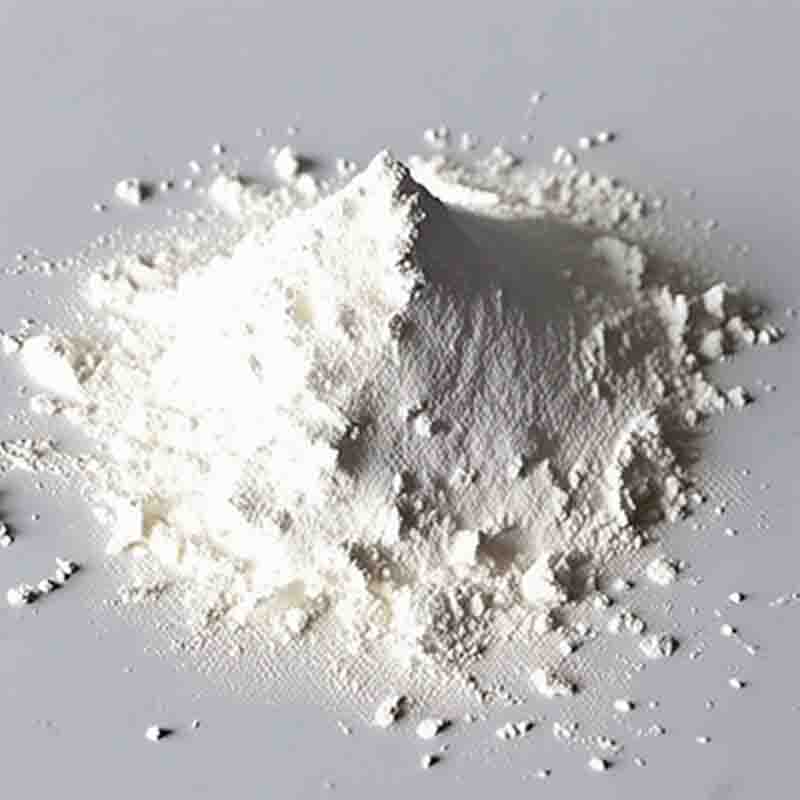

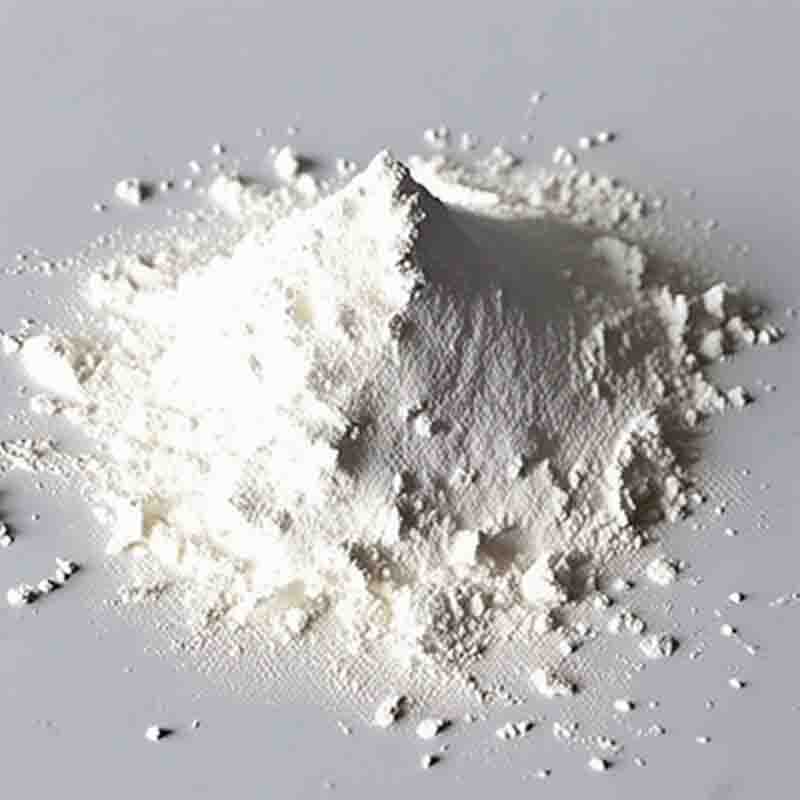
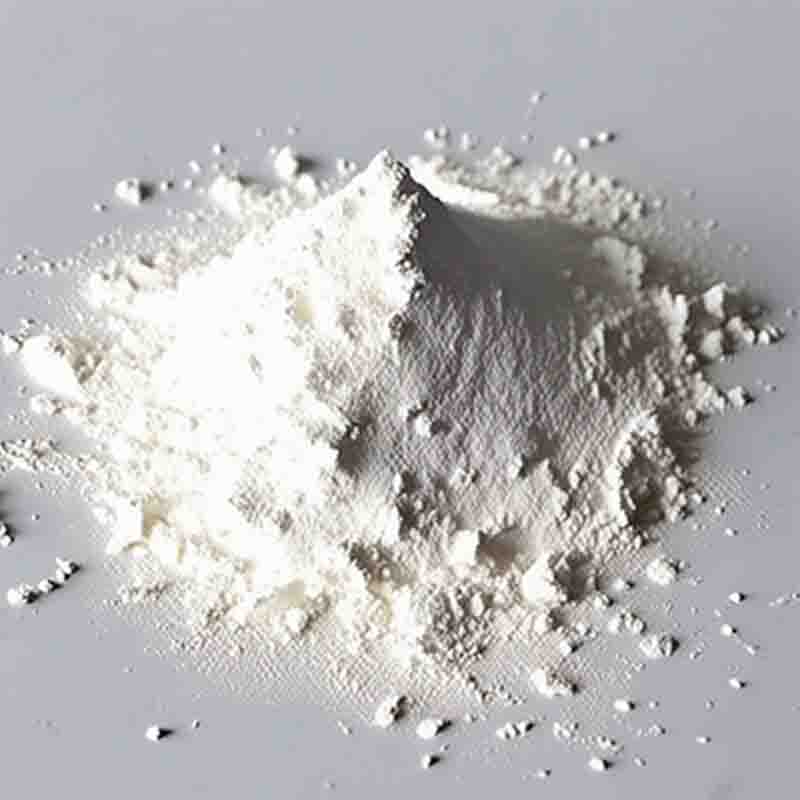
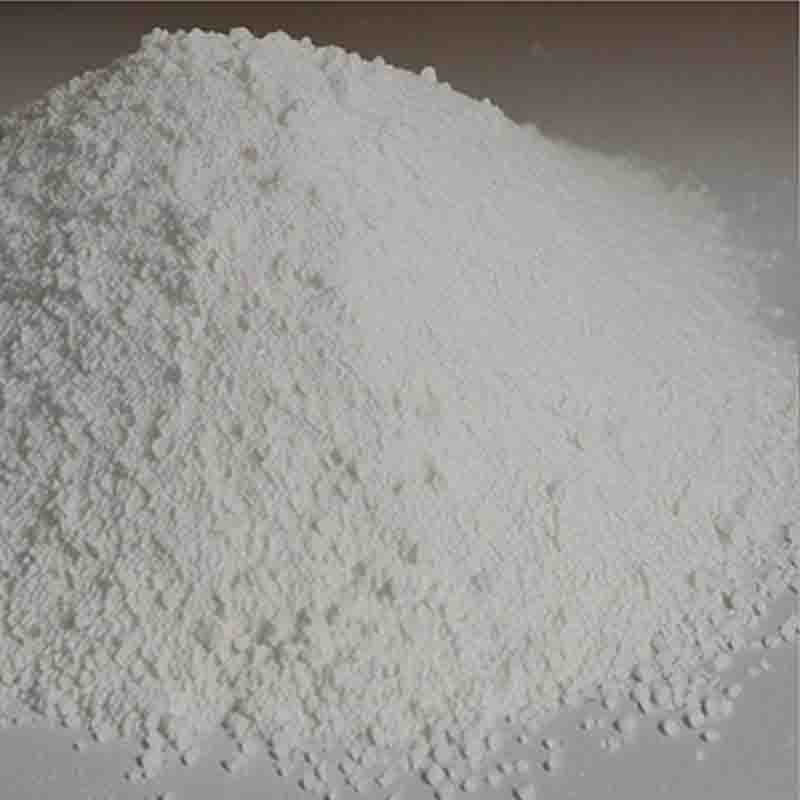
![(3S)-3-[4-[(2-Chloro-5-iodophenyl)methyl]phenoxy]tetrahydro-furan CAS: 915095-94-2](https://cdn.globalso.com/xdbiochems/白色粉末21188.jpg)
